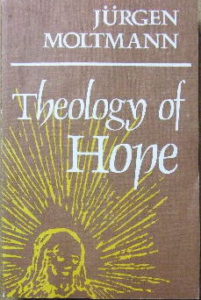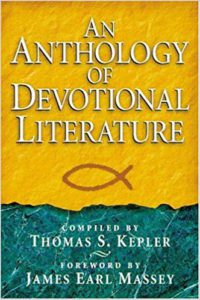
For I know that my Redeemer lives, and at the last he will stand upon the earth. And after my skin has been thus destroyed, yet in my flesh I shall see God, whom I shall see for myself, and my eyes shall behold, and not another (Job 19:25-27).
We secretly relish in schadenfreude when misfortune strikes a wicked man, but we can only be bewildered by the disproportionate suffering that afflicts a righteous and blameless man, like Job. To be sure, we are given a glimpse of divine mystery when the prologue of the book of Job explains that Job’s sufferings are due to a wager between God and Satan. Satan sneers at God and insinuates that his kingdom is based on expediency since Job’s loyalty to God is gained through the blessings of God. God allows Satan to hurt Job, confident that the outcome will conclusively prove Satan wrong. Continue reading “The Suffering of Job: From Tragedy to Triumph”









